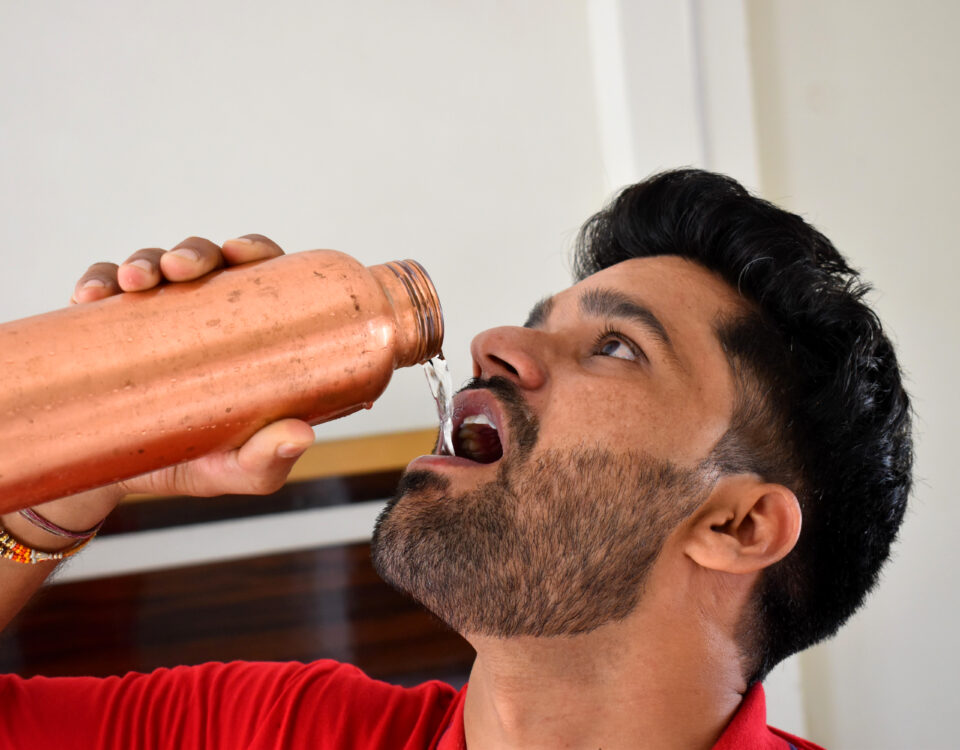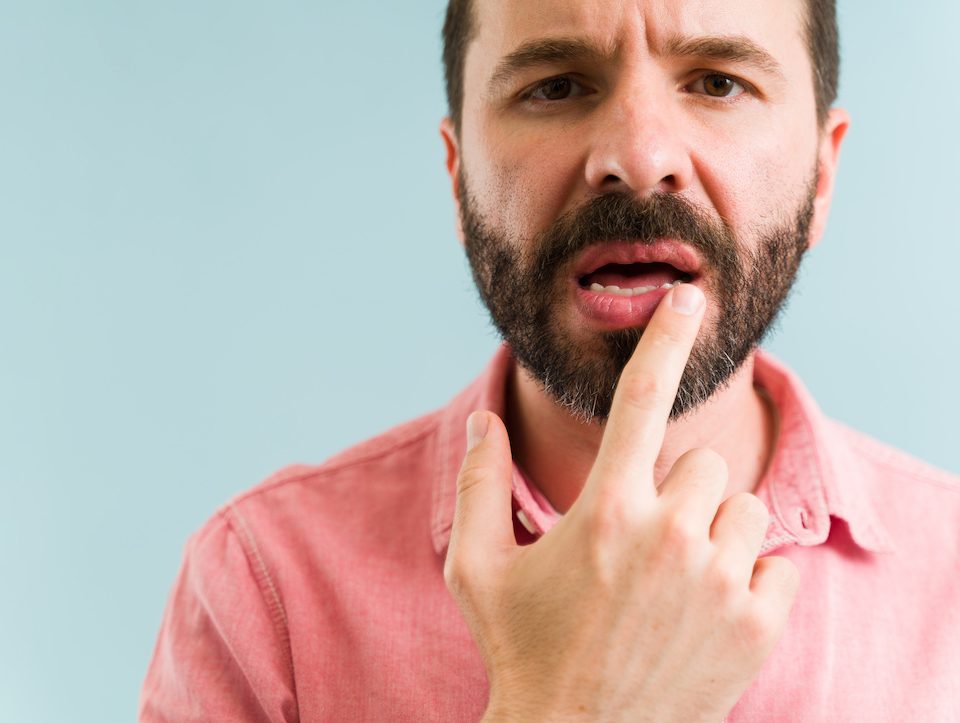Conquer Dry Mouth While You Sleep With These Solutions

Everything You Need to Know About Root Planing and Scaling
August 24, 2023
Top Causes & Remedies of Bad Breath
September 7, 2023Conquer Dry Mouth While You Sleep With These Solutions

Are you struggling with dry mouth while you sleep, and no matter what you do nothing seems to help? Don’t worry: there are solutions! In this article, we’ll discuss the causes of dry mouth at night and provide tips on how to conquer it, so that you can enjoy peaceful nights of restful sleep again.
What is Dry Mouth?
Dry mouth, or xerostomia, is a common condition that most people experience from time to time. Our mouths can become dry when we are dehydrated, stressed, or nervous. However, if you wake up every morning with a dry mouth, it could be a sign of a more significant problem. Chronic dry mouth can have serious health implications, including choking, swallowing difficulties, gum disease, and tooth decay. If you are experiencing dry mouth, this article will provide you with some helpful tips to keep your mouth moist while you sleep.
Symptoms
The primary symptom of xerostomia is having a dry sensation in your mouth. Doctors determine if a person has dry mouth by asking a series of questions about how their mouth feels at different times.
Many doctors and researchers use a list of symptoms called the xerostomia inventory, or a shortened version of this list. For example, medical professionals may ask questions regarding the severity of:
- How dry your mouth feels when eating
- How difficult it is to eat dry foods
- How dry your lips feel
- How dry your mouth feels at night or on awakening
- How thirsty you feel at night
Although having a mouth that feels dry is the primary criteria, other symptoms often accompany xerostomia. The American Dental Association considers these symptoms to be complications or signs of dry mouth:
- Bad breath
- A burning sensation or sores in the mouth
- Difficulty chewing, swallowing, or speaking
- A change in taste or difficulty tolerating spicy, salty, or sour flavors
- Dry and cracked lips
- A rough tongue
- Infections in the mouth
- Trouble keeping in dentures
Chronic dry mouth can also contribute to tooth decay, plaque, eroded enamel, or tooth demineralization in the form of white spots, as well as sensitive teeth and inflamed gums.
Why Does Dry Mouth Happen at Night?
Having a dry mouth at night can be due to a number of factors, such as:
- Not drinking enough fluids throughout the day
- Certain medications that can cause dry mouth
- Stress or anxiety
- Mouth breathing due to allergies, asthma, or other conditions
- Medical treatments such as radiation and chemotherapy
- Diabetes
- Autoimmune diseases such as Sjogren’s syndrome or HIV/AIDS.
Dry mouth is more common at night because saliva production decreases while we sleep. Saliva helps keep our mouths clean and healthy, so having a dry mouth can increase the risk of developing oral diseases or conditions.
Conquer Dry Mouth While You Sleep With These Solutions
Hydrate yourself before bed –
To keep your mouth moist while you sleep, it’s essential to drink plenty of water before bed. Hydrating yourself before bed ensures that you have enough saliva in your mouth to keep it moist throughout the night. Aim to drink at least eight glasses of water during the day and limit caffeine and alcohol consumption.
Use a humidifier –
One of the best ways to keep your mouth moist while you sleep is to use a humidifier. Dry air can exacerbate your dry mouth symptoms and cause you to wake up with a dry mouth. A humidifier adds moisture to the air, which can help reduce your symptoms. Invest in a good quality humidifier to use in your bedroom at night.
Try a Saliva Substitute –
A saliva substitute is a product that mimics natural saliva. It comes in various forms, including mouth spray, gel, or lozenges. Saliva substitutes help moisten your mouth and provide you with a temporary relief from the symptoms of dry mouth. Consult your dentist or doctor before using any over-the-counter saliva substitutes.
Keep your mouth clean –
Practicing good oral hygiene can help reduce the symptoms of dry mouth. Brush your teeth twice daily and floss regularly. Use a fluoride mouthwash to help keep your mouth moist. Avoid using mouthwashes that contain alcohol as it can exacerbate your dry mouth.
Chew Sugar-free Gum –
Chewing sugar-free gum can help stimulate the production of saliva in your mouth. Saliva helps wash away harmful bacteria and keep your mouth moist. Chewing gum also has the added benefit of keeping your mouth fresh and clean.
Dry mouth can be irritating and uncomfortable, but it is treatable. To prevent dry mouth while you sleep, drink plenty of water, use a humidifier, try a saliva substitute, practice good oral hygiene, and chew sugar-free gum. If you experience chronic dry mouth, consult your dentist or doctor for proper diagnosis and treatment.
Make an Appointment with Mountain Aire Dentistry
Are you ready to take control of your dry mouth and enjoy peaceful nights of restful sleep again? Mountain Aire Dentistry offers a wide range of treatments for dry mouth, ranging from preventive care to more advanced procedures. Our experienced team will work with you to create a personalized treatment plan that works best for your individual needs. Contact us today to schedule an appointment!
When you visit our Broomfield dental office, your smile is our top priority. Our Dentists invite you to experience the difference a warm and caring team can provide for you and your family. Enjoy a unique and comfortable dental experience designed to bring a healthier and happier smile back into your life. We invite you to call or visit our Broomfield dental office and discover the exceptional difference we offer to those we serve.












